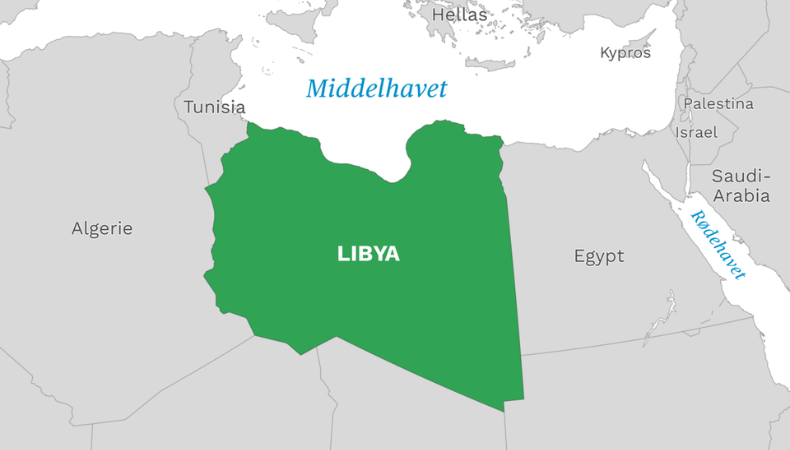How Libya is One of the Most Corrupt Nations in 2024

Rich in natural resources, Libya will nevertheless struggle with widespread corruption in 2024. Even with continuous reform attempts, corruption still seriously hinders stability and growth. This paper investigates the several elements causing corruption problems in Libya and their broad effects on the country.
Historical Context: How Previous Wars Have Encouraged Corruption
Libya’s political unrest and conflict history have given corruption plenty of opportunity to flourish. The protracted lack of robust, open institutions and the ongoing influence of armed groups have helped to enable public fund and resource abuse and misappropriation. The country’s long-standing political divisions, with competing groups engaged in ceaseless war for control, complicate the task of properly tackling corruption. Widespread patronage and cronyism under Muammar Gaddafi’s rule left a legacy that still looms big and complicates attempts to create strong, unbiased government systems.
Economic Effects: How Corruption Stifles Development
Libyan’s economy suffers greatly from corruption. The pervasive corruption and theft of money seriously affect funding for vital social services including education and healthcare as well as for infrastructure. This misallocation of resources not only stunts home growth but also discourages international investment since prospective investors are reluctant of the dangers connected with a corrupt and unstable surroundings. Job creation is thus hampered, which results in great rates of unemployment and widespread poverty. With less access to basic needs and less chances for upward mobility, common people suffer most from this economic stagnation. The population is clearly frustrated as they see a crooked elite siphoning off the riches of their country while their own living circumstances keep worsening.
Beyond Bribery: The Many Expressions of Degradation
Corruption in Libya goes beyond just small-time bribery. It shows up as nepotism, favoritism in government contract granting, and public procurement process manipulation. These dishonest behaviors skew economic growth and guarantee that a small number of people gain disproportionately at the expense of the larger society. The public sector is rife with inefficiencies; meritocracy is sometimes subordinated to personal relationships. This widespread corruption erases public confidence in government institutions, therefore encouraging a cynicism and disengagement among the people.
Slights of Hope: Attempts Against Corruption
Though the battle against corruption presents difficult obstacles, there are beginning indications of advancement in this direction. Aiming at improving openness and strengthening institutional integrity, the Libyan government has started many anti-corruption campaigns. These programs comprise the creation of anti-corruption agencies, the application of harsher rules, and attempts to digitize government operations in order to lower possibilities for corruption. Raising awareness, pushing for change, and holding public authorities responsible also depend critically on civil society organizations. A culture of responsibility and openness depends much on these grassroots initiatives. To bring about long-lasting transformation, nevertheless, these projects call for ongoing dedication and worldwide cooperation.
The Road Forward: One Long and Difficult Trip
Eliminating corruption in Libya will be a difficult task spanning years. It calls for an all-encompassing strategy covering the underlying causes of the issue, including ingrained patronage networks and inadequate government structures. Important first steps are strengthening institutions, encouraging civic involvement, and establishing an accountable culture. To build a framework for long-lasting change involving technical assistance, financial aid, and diplomatic pressure to guarantee compliance with anti-corruption policies, international support and cooperation are very essential. Libya can start to realize its great potential and create a better, more rich future for its people only by means of coordinated and persistent actions.
Keep On Reading
Finally: Creating a Clear Future
Though the fight against corruption in Libya is far from finished, the actions being done now set the foundation for a society more fair and open. Libya may reach a time when its riches benefits all of its people by tackling the fundamental problems causing corruption, improving institutions, and promoting a culture of responsibility. This road will rely much on international cooperation and support to guarantee that reforms are not only carried out but also maintained over the long run. The resilience and will of Libya’s people will be essential to create a country free from the chains of corruption as it negotiates this difficult road.







